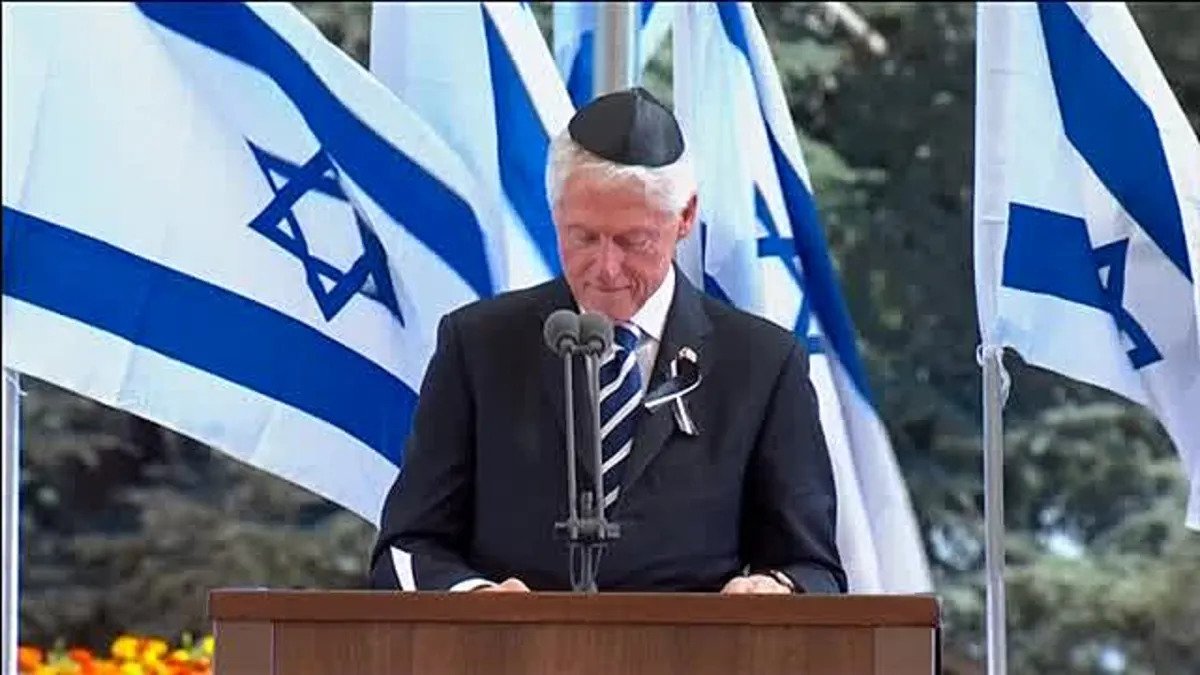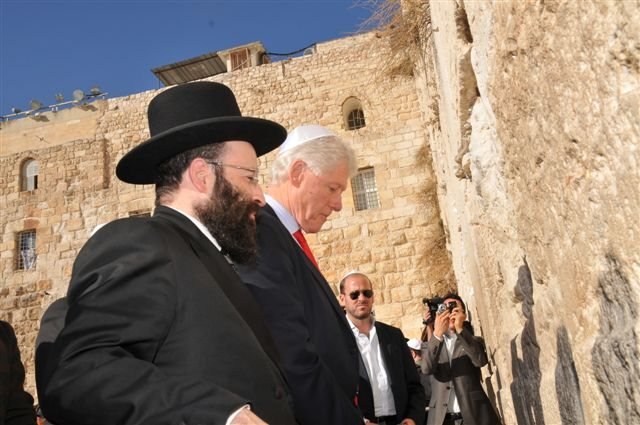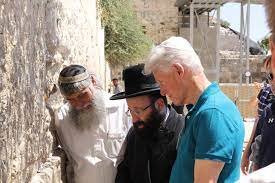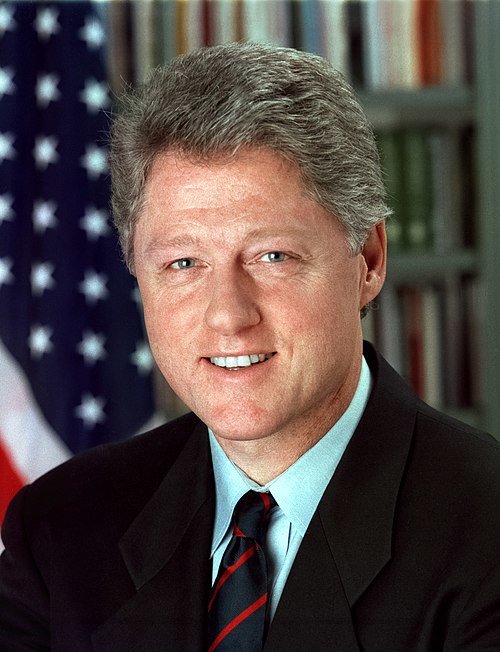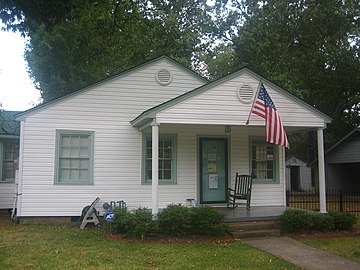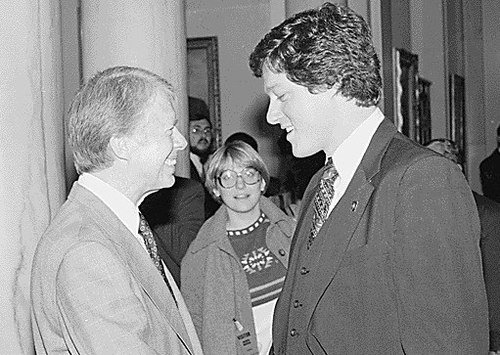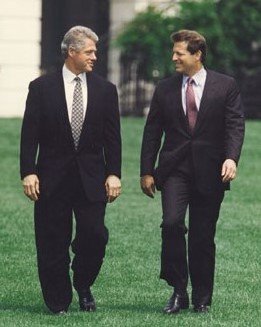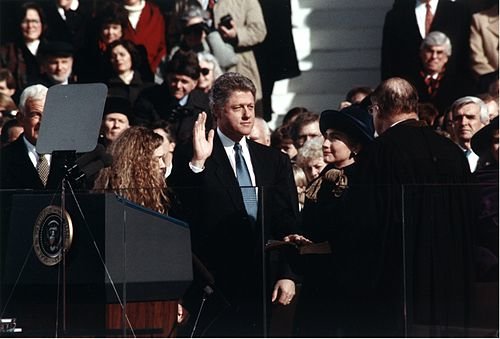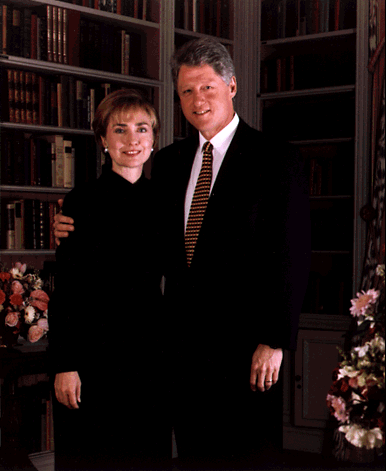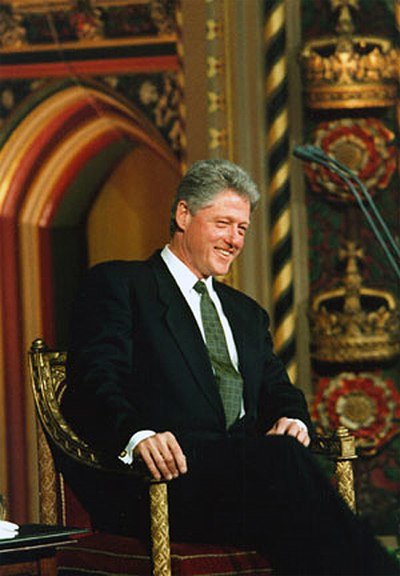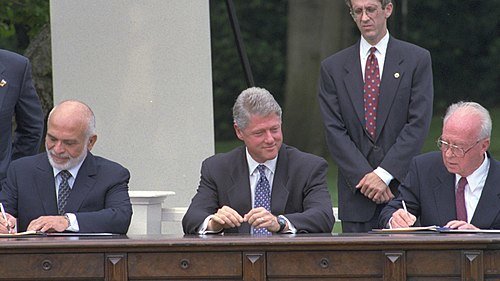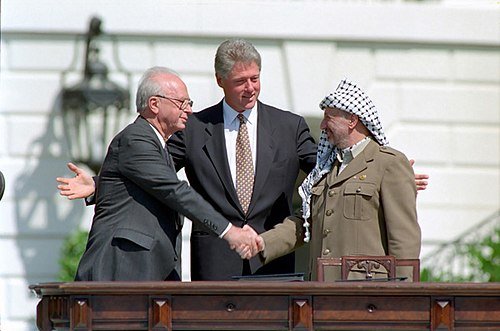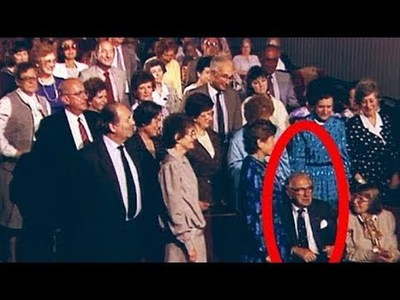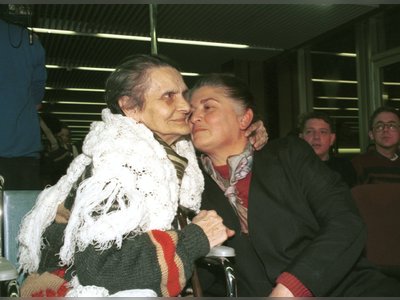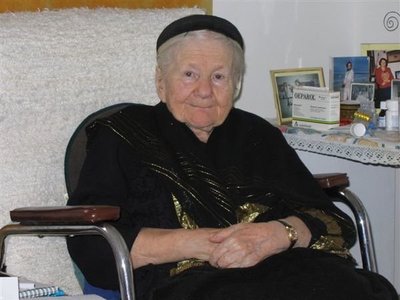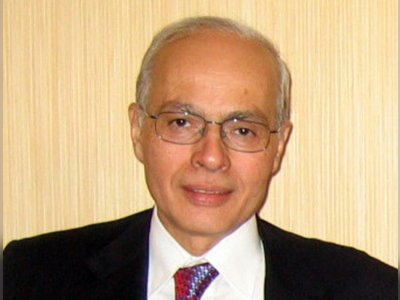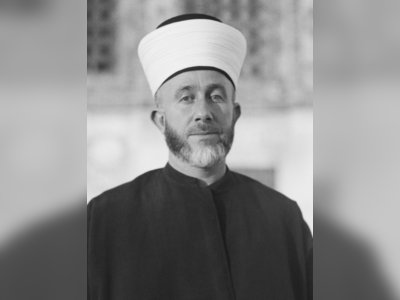Bill Clinton: The 42nd President of the United States
William Jefferson "Bill" Clinton was born on August 19, 1946, and is an American politician who served as the 42nd President of the United States.
Clinton, who previously served as the Governor of Arkansas, held the presidency for two terms from 1993 to 2001. As a member of the Democratic Party, he was ideologically aligned with the "New Democrats," and many of his policies were associated with the political center and the third way philosophy of governance.
Clinton was elected in 1992, defeating the incumbent President George Bush. At the age of 46, he was the third youngest president in history and the first born in the Baby Boomer generation. Four years later, he became the first Democrat reelected to two terms since Franklin D. Roosevelt.
Clinton ended his presidency with some of the highest approval ratings for a president at that stage since World War II, and he ranked high in public approval ratings among U.S. presidents.
Clinton was born as William Jefferson Blythe III in the small town of Hope, Arkansas, located in the southwest of the state. He was named in honor of his biological father, William Jefferson Blythe II, who was a traveling salesman and died in a car accident three months before his son's birth.
His mother, Virginia Clinton Kelley (originally Cassidy; 1923–1994), moved to New Orleans to study nursing after giving birth. She left Clinton in Hope with her parents Eldridge and Edith Cassidy, who ran a small grocery store. When he was four years old, his mother completed her nursing studies and married Roger Clinton.
The family then moved to Hot Springs, Arkansas, where his stepfather owned an automobile dealership. Young Bill used his stepfather's last name, and officially changed his surname to "Clinton" when he was a teenager. In 1956, Clinton's half-brother, Roger Jr., was born to his mother and stepfather. The Clinton family was tumultuous; his stepfather was an alcoholic who often engaged in domestic violence, both against his wife and young Roger. Bill intervened on multiple occasions to protect them.
In his youth, Clinton was a member of the Boy Scouts in his hometown. During his high school years in Hot Springs, he excelled academically, was an avid reader, and a promising saxophonist. He was part of the school choir and won a state competition for saxophone playing. At one point, he even contemplated a career in music, as he described in his autobiography, "My Life":
"At some point when I was about sixteen, I decided that I wanted to be in public life as an elected official. I loved music and thought I was good at it, but I knew I would never be John Coltrane or Stan Getz. I thought about a career in medicine and thought I could be a reasonably good doctor, but I knew I would never be Michael DeBakey. But I knew I could be great in public service."
Clinton cited two influential moments in his life that contributed to his decision to become a public figure, both occurring in 1963. One was during a visit to the White House with a youth delegation, where he met President John F. Kennedy. The second was listening to Martin Luther King Jr.'s famous "I Have a Dream" speech, which deeply impressed him.
Early Political Career
Clinton earned a bachelor's degree in international affairs from Georgetown University in 1968 and was selected as a Rhodes Scholar. He studied philosophy, economics, and politics at the University of Oxford in the United Kingdom but did not complete his degree due to his enrollment in law school at Yale University. The Vietnam War was in full swing during this time, and Clinton faced the draft. He took various actions to avoid the draft but made sure to stay within the bounds of the law.
While at Yale Law School, Clinton met Hillary Rodham, who was also a student there. They married in 1975, and their only child, Chelsea, was born in 1980. During his time at Yale, Clinton worked on the staff of the Senate Foreign Relations Committee and later received his J.D. degree from Yale Law School in 1973. In the midst of the Vietnam War, when the U.S. had instituted the draft, Clinton was subject to the draft lottery and was eventually drafted before completing his degree. He chose to return to Arkansas rather than serve in the military.
In 1976, Clinton was elected as the Attorney General of Arkansas, a position he held until 1979. During this time, he signed a death warrant for Ronnie Lee Simons, who had killed 16 people, including his own family members. Hillary Rodham, who had adopted her husband's last name, played a more traditional role of a politician's spouse initially but eventually established herself as a political force in her own right, thanks to her legal expertise.
In 1982, Clinton was elected Governor of Arkansas for the second time, making him the youngest sitting governor in the United States at age 32 and the youngest in Arkansas in 40 years. His first term as governor was marked by challenges, including an unpopular car tax and public outrage over the escape of Cuban inmates from a state prison. Hillary, as the First Lady of Arkansas, faced criticism for not fitting the traditional mold of a governor's wife. After a single term, Clinton lost to his Republican opponent Frank D. White in the 1980 election.
Following his tenure as governor, Clinton worked to overcome the political setbacks that led to his defeat. He nurtured relationships with the business and corporate community and reestablished himself in the Arkansas political establishment. Hillary, meanwhile, embraced her husband's last name and took on a more traditional political role, establishing herself as a formidable political figure in her own right through her work as an attorney.
In 1988, despite earlier setbacks, Clinton was invited to speak at the Democratic National Convention to introduce Michael Dukakis, the Democratic nominee for president. His speech, scheduled for the convention's final half-hour, was considered a resounding failure due to its length and overshadowed the proceedings.
Nevertheless, Clinton prepared for a run for the presidency in 1992 against the incumbent President George H. W. Bush. At the time, it seemed that Bush's victory in the wake of the Gulf War was assured, and several prominent Democratic candidates chose not to run.
Clinton's candidacy was almost derailed by allegations of an affair with a young woman from Arkansas named Jennifer Flowers. However, a joint interview with the Clintons on CBS's "60 Minutes," in which they admitted to "difficulties in their marriage" but stood by each other, allowed Clinton to weather the storm.
In the New Hampshire primary, Clinton came in second place, closely trailing Paul Tsongas from Massachusetts, and earned the nickname "The Comeback Kid." Building on the momentum generated by his strong showing in New Hampshire and a series of victories in southern states, Clinton managed to secure the Democratic Party's nomination for the presidency.
Clinton chose Senator Al Gore as his running mate for vice president. Initially, this choice received criticism from his advisors as Gore hailed from Tennessee, a neighboring state to Arkansas, rather than a region where Clinton needed additional political support. However, in hindsight, this decision was seen as a successful move that contributed to Clinton's victory in the general election.
- ביל קלינטוןhe.wikipedia.org
